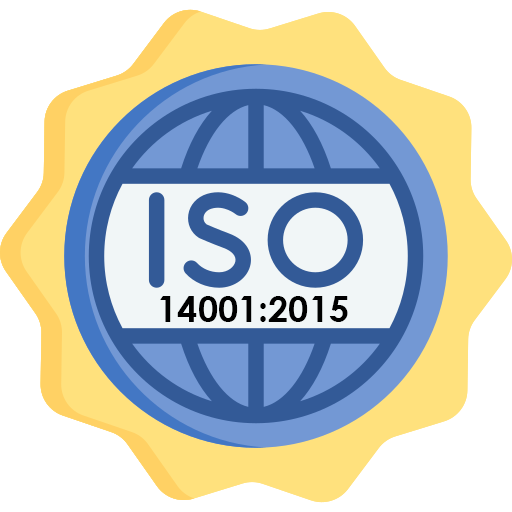Kidderpore College
The College is Under the University of Calcutta
Established in 1966
Grade B NAAC Accreditation 2016
- Principal Desk
- About College
- Aims & Objectives
- Vision & Mission
- Sub Committee
- Members of Governing Body
- All Teaching Staffs
- Non Teaching Staff
- Courses Offered
- Academic Calendar
- Guideline for Online Admission
- Course Combinations
- Admission Notice
- Admission Criteria
- Admission Charges
- Seat Capacity
- Important dates regarding counselling
- General Infrastructure
- Office
- HEPSN
- College Computer Centre
- Other Facilities
- NSS Room
- NCC
- Cultural Activities
- Sports
- Seminars & Workshops
- Excursion
- NSS Unit I & II
- Students' Union Room
- Student Canteen
- Student Common Room
- Sexual Harassment Cell
- Anti-Ragging Cell
- Students' Aid Fund
- Remedial Special Tutorial
- Scholarship from Minority
- Skill Development Programme
- Profile Mapping
- Student Health Home Clinic
- Womens Forum
- NSOU
Notice Board
- Admission in the different subject
- Notice of Career Counsilling and Placement Cell
- Important Notice Regarding Admission in B.A, B.Sc, B.Com 1st Semester
- BA_BSC SEMESTER VI INTERNAL ROUTINE
- 3&4 yrs Undergraduate program with add on course on corporate communication & digital marketing
- B.Com_Internal_Sem 6_2024
- TUTORIAL_SEM1 (H)_CCF_SEC 1_EDUCATION_EDCM
- TUTORIAL_Sem-1(G)_CCF_EDUCATION_MEDC SEC 1
- TUTORIAL _SEM-1G(CCF)_EDUCATION-MEDC_MN-1-CC-1
- Deferment of Walk-in-interview
- Students Feedback on Curriculum
- NOTICE FOR SVMCM
- NOTICE FOR OASIS
- STUDENT CREDIT CARD
- Renovation of Extention college building work
- Department of Geography
Code of Conduct
CODE OF ETHICS FOR TEACHING STAFF |
|---|
| Professional Responsibilities: Commitment to College Mission
Uphold the vision and mission of the college, fostering academic excellence and the holistic development of students. Preparation and Delivery:
Communication and Availability:
Professional Development:
Student Relations:
Collegiality and Professional Conduct:
Additional Considerations
Consequences
|
CODE OF CONDUCT FOR STUDENT |
|---|
Ex-Students are not allowed to enter the College premises without the permission of the college authorities. |
CODE OF ETHICS FOR NON-TEACHING STAFF |
|---|
Professionalism and Commitment
Responsibilities and Efficiency
Service and Communication
Additional Considerations
Failure to adhere to this code of conduct may result in disciplinary action, including termination of employment. *********************************************************************************************************************************** |
Find us
© Kidderpore College 2024. All rights reserved.
- Powered by
- DLive

